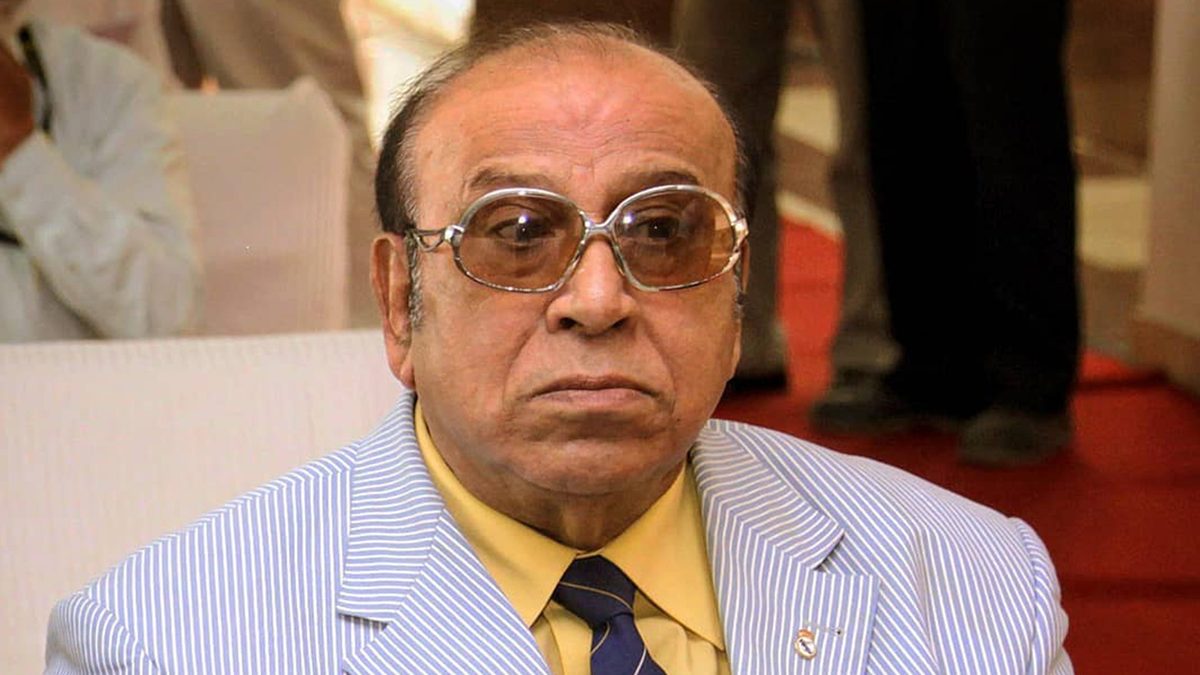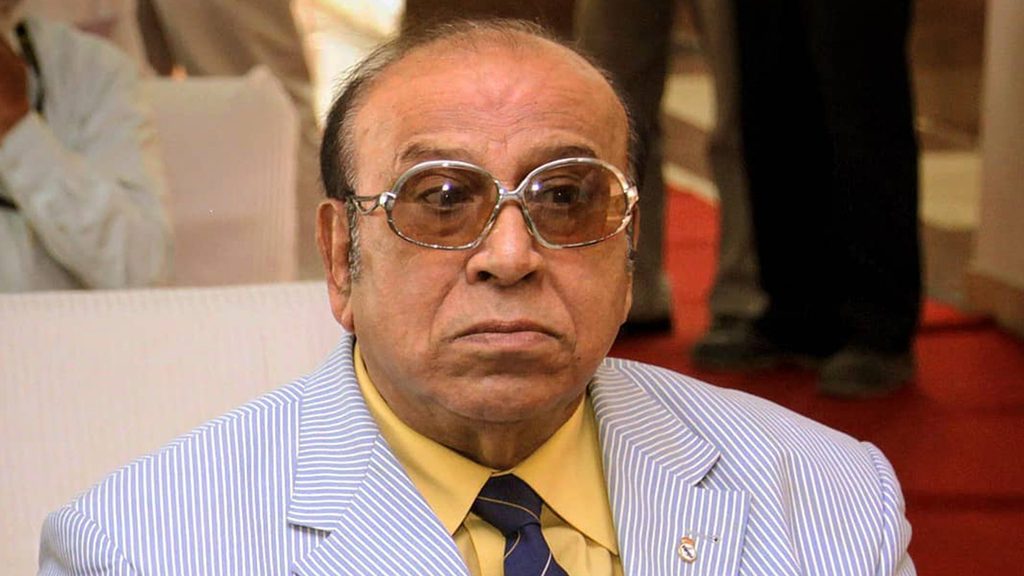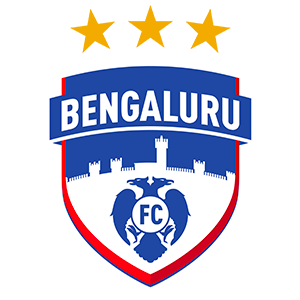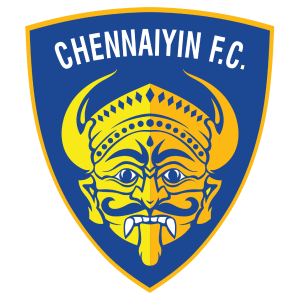Indian football legend PK Banerjee passes away at the age of 83
Indian footballing icon PK Banerjee passed away on Friday in Kolkata after battling a prolonged illness.


Indian footballing icon PK Banerjee passed away on Friday in Kolkata after battling a prolonged illness. He was 83 years old. A behemoth of the game, Banerjee has been a legendary figure in Indian football, serving the growth of the beautiful game in the country for over 50 years, both as player and a coach.
According to reports, Banerjee had been on life support since March 2 after suffering from respiratory problems due to pneumonia. He also had Parkinson’s disease, dementia and heart problems.
Born near Jalpaiguri in the northern part of West Bengal back in 1936, Banerjee’s football career took off after representing Bihar in the 1952 Santosh Trophy as a 16-year-old. He went on to represent Aryan and then Eastern Railway, and was one of the key protagonists in the latter’s historic Calcutta Football League triumph in 1958 – which saw a team from outside the three traditional Kolkata giants (East Bengal, Mohun Bagan and Mohammedan Sporting) lift the title for the very first time in the competition’s history.
Banerjee made his India debut as a 19-year-old and went on to established himself as one of the mainstays in Indian football’s golden generation in the 60s and 70s. He is also considered amongst the holy trinity of the Indian team during the era, alongside Chuni Goswami and Tulsidas Balaram.
Banerjee represented the Blue Tigers in the 1958 Asian Games in Tokyo, Japan, the 1962 Asian Games in Jakarta, Indonesia, where India clinched the gold medal and then the 1966 Asian Games in Bangkok, Thailand. He also helped India to a fourth-placed finish in the 1956 Summer Olympics in Melbourne, Australia and captained the side in the 1960 edition of the global showpiece in Rome, Italy – which also happens to be the last Olympics the Indian football team has been a part of.
Before retiring from football in 1967, Banerjee represented India in 84 matches, scoring 65 goals. After hanging up his playing boots, Banerjee took up coaching and his legend only grew. Over his illustrious coaching career, Banerjee reportedly accumulated a total of 54 trophies and helmed several top clubs and even the national team.
He was the national team manager when India won bronze in the 1970 Asian Games in Bangkok and also masterminded Mohun Bagan’s iconic 2-2 draw against New York Cosmos, a team which included Brazilian legend Pele, in an exhibition match in 1977. He spent most of his coaching career with East Bengal, guiding the team to several successes over the years. During his time with the Red and Golds, Banerjee also played a huge role in mentoring Bhaichung Bhutia into one of the biggest stars in Indian football. He has also served as the Technical Director of the Tata Football Academy.
Over his career, Banerjee has been bestowed with several individual honours, which include the Arjuna Award in 1961, the Padma Shri in 1990, the Indian Footballer of the 20th Century title by the International Federation of Football History and Statistics. In 2004, Banerjee was awarded the FIFA Order of Merit – the highest individual honour conferred by the world football’s governing body.
The Hero Indian Super League (Hero ISL) condoles the passing of the legend.
























